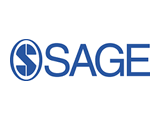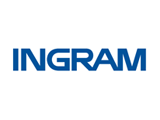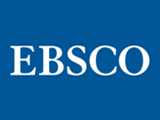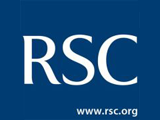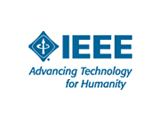–Copyright Clearance Center, Inc. (CCC), a not-for-profit organization and leading provider of licensing and Open Access (OA) solutions, and Aries Systems, an industry recognized developer of workflow solutions for the scholarly publishers, announce the integration of CCC’s RightsLink® for Open Access and Aries’ Editorial Manager for seamless Article Processing Charge (APC) management.
“Our integration with Aries Systems responds directly to the needs of researchers, publishers and institutions in an effort to make Open Access transactions easier.”
This integration provides scholarly publishers with a seamless and friction-free way to process APCs within their workflows and adapt to new Open Access models as they emerge. Backed by CCC and Aries Systems, which have collectively served the scholarly and publishing industry for over six decades, this automated APC management solution fully integrates with editorial and production workflows, thereby accelerating the publisher’s time to market, improving the author experience and minimizing the operational costs associated with managing author fees.
“CCC enjoys close, long-standing relationships with a wide range of journal publishers who have said they’re looking for integrated workflow solutions across the complete publishing lifecycle to ease the burdens on their own staffs and authors,” said Roy Kaufman, Managing Director, New Ventures, CCC. “Our integration with Aries Systems responds directly to the needs of researchers, publishers and institutions in an effort to make Open Access transactions easier.”
“We chose to work with CCC because of its strong relationships with publishers, deep knowledge of the changing Open Access market and dynamic RightsLink platform,” said Lyndon Holmes, CEO, Aries Systems. “We believe the CCC-Aries integration is a powerful answer for publishers, authors, funders and institutions that need a robust Open Access solution.”
CCC has been helping publishers improve the author experience in collecting APCs for over six years and welcomes efforts toward standardization and transparency. It recently joined the Open Access Scholarly Publishers Association (OASPA), working with its members on issues such as collecting Article Processing Charges (APCs) and Open Access-aware licensing. The not-for-profit, named one of “10 to Watch” by information industry analyst Outsell in its 2013 Open Access Market Report, recently endorsed the Research Information Network’s call for cooperation among funders, universities and publishers.
CCC hosts webinars and podcasts on many aspects of Open Access and works with organizations such as the National Information Standards Organization (NISO) on creating standards around Open Access as part of its non-profit mission.
Aries Systems was founded in 1986 with the mission to develop advanced software technologies that enhance the effectiveness and efficiency of scholarly publishing. Its principal offerings include Editorial Manager, ProduXion Manager and Knowledge Finder.























